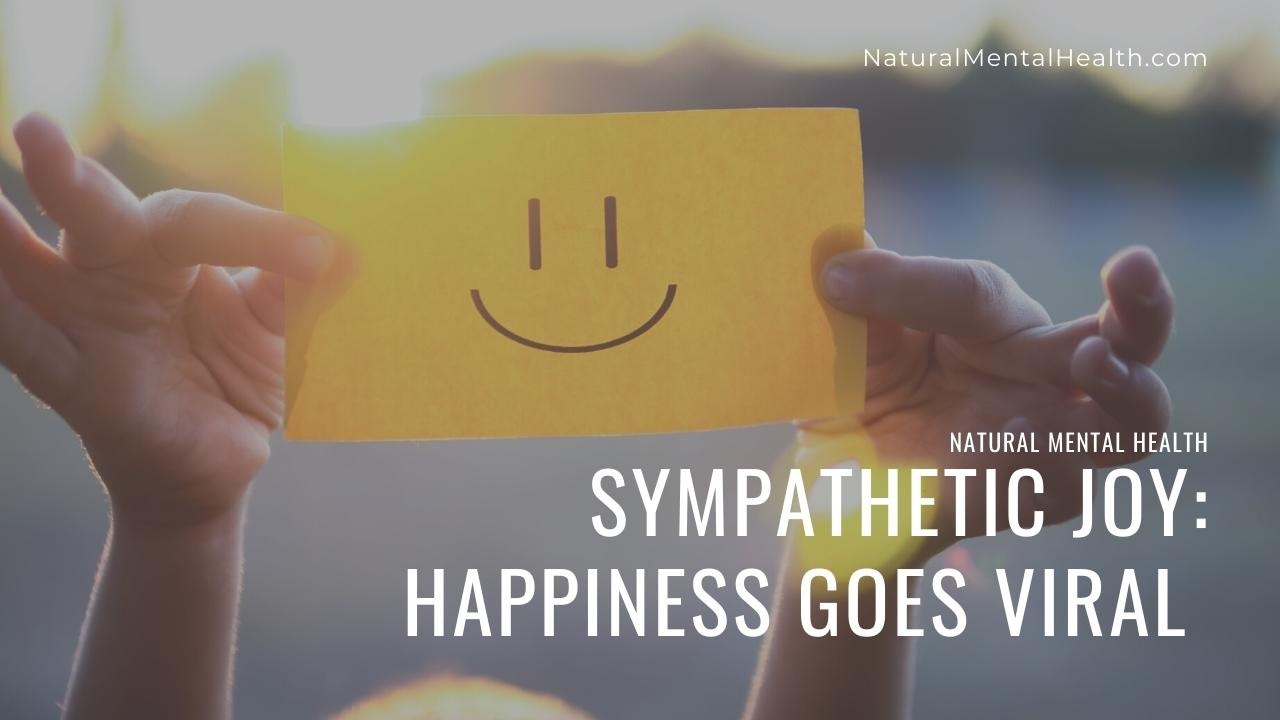
Sympathetic Joy: Happiness Goes Viral
Jul 01, 2022
The element for this episode is sympathetic joy, which is the practice of delighting in other people’s happiness. But it’s easier said than done—especially when we feel others' accomplishments are unfairly earned or they receive something we want for ourselves. How do we overcome these negative responses? The biggest obstacle to overcome is the belief that we are fundamentally separate from each other; that our happiness is not dependent on others. Tune in to this episode as we talk about how deeply interconnected the world is and how the path to our own happiness may in fact be tied to the happiness of others.
In This Episode:
- [00:54] What is sympathetic joy
- [03:00] The highest qualities of a good heart
- [04:39] Obstacles to sympathetic joy
- [06:58] The impact and research of sympathetic joy and emotional contagion
- [12:25] Why practicing sympathetic joy is difficult
- [16:03] Common cognitive roadblocks with sympathetic joy
- [21:12] A model of what the world looks like when sympathetic joy is present
Key Takeaways:
- Sympathetic joy is a Buddhist concept that roughly translates into taking delight in other people's happiness.
- Sympathetic joy is seen as being a direct path to one's own happiness by learning to be happy for others.
- There’s strong scientific evidence that we are impacted by the emotions of those around us, meaning we are interconnected creatures.
- Negative emotions can often feel more “contagious” which is why sympathetic joy can be a particularly effective tool to not only buffer the emotions around us but add a positive element to the world.
- There are two cognitive roadblocks to sympathetic joy: The fallacy of fairness and the fallacy of scarcity. Both of these distortions are built on the belief that we are fundamentally separate from others.
- At the heart of sympathetic joy is the belief that we are all interconnected on a deep level.
Watch on YouTube:







